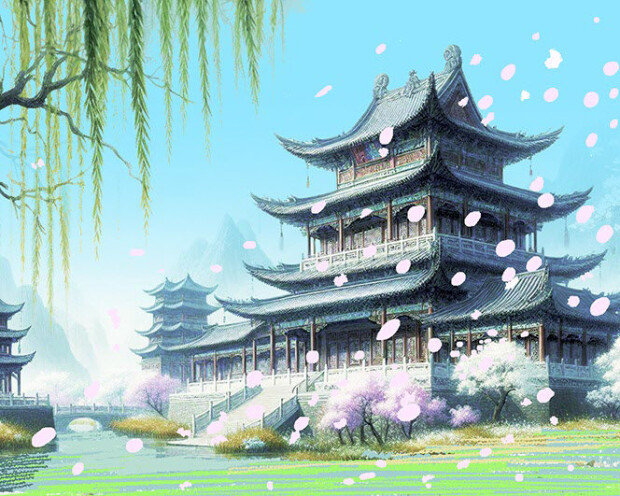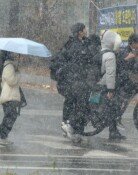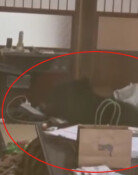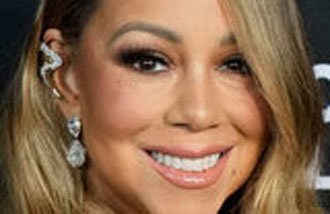Customs of Hansik
Customs of Hansik
Posted April. 05, 2024 07:45,
Updated April. 05, 2024 07:46

This poem portrays the peaceful cultural sceneries, petals fluttering around the castle city, and willow trees dancing in the breeze in the palace. Around sunset, when the emperor lifts a Hansik-specific ban on using fire to cook, which thus limits people to eating cold food all day long, he delivers a message that it is okay for his close liegemen to resume cooking with fire, which is symbolized by the image of candles in the poem. From the poet’s viewpoint, smoke rising and spreading through residences may be seen as the emperor's sacred grace bestowed upon them. Even in a calm, humble narrative, he is presumed to intend to capture such a unique and refined custom of a royal court ceremony.
Here is a completely different interpretation of this poetic description, arguing that the author uses satire to highlight the emperor ignoring the prohibition with only a few powerful figures giving privileges and benefits to Hansik. The poem's original text gives us clues about such a satirical perspective. Although a translated text says, “The emperor hands over candles to his loyal subordinates in the palace around the sunset,” technically speaking, the more accurate interpretation is as follows: “The emperor gives out candles to the Five Ministers in the palace of the Han dynasty around the time the sun goes down.” The Five Ministers refer to five eunuchs appointed to feudal lords by Emperor Huan of Han, later becoming a byword for those who wield absolute power backed by the emperor. In this light, the poet is thought to bring up the example of the Han dynasty in an implicitly sarcastic way, as it is not socially acceptable to snipe at the royal court stained by irregularities. No matter what the truth is, Emperor Dezong of Tang, then the ruler of the dynasty where the poet lived, got into it so deeply that he even appointed the author, who had left the royal court for years to serve him. Given this, it may be just fine not to see it as a satirical poem.







